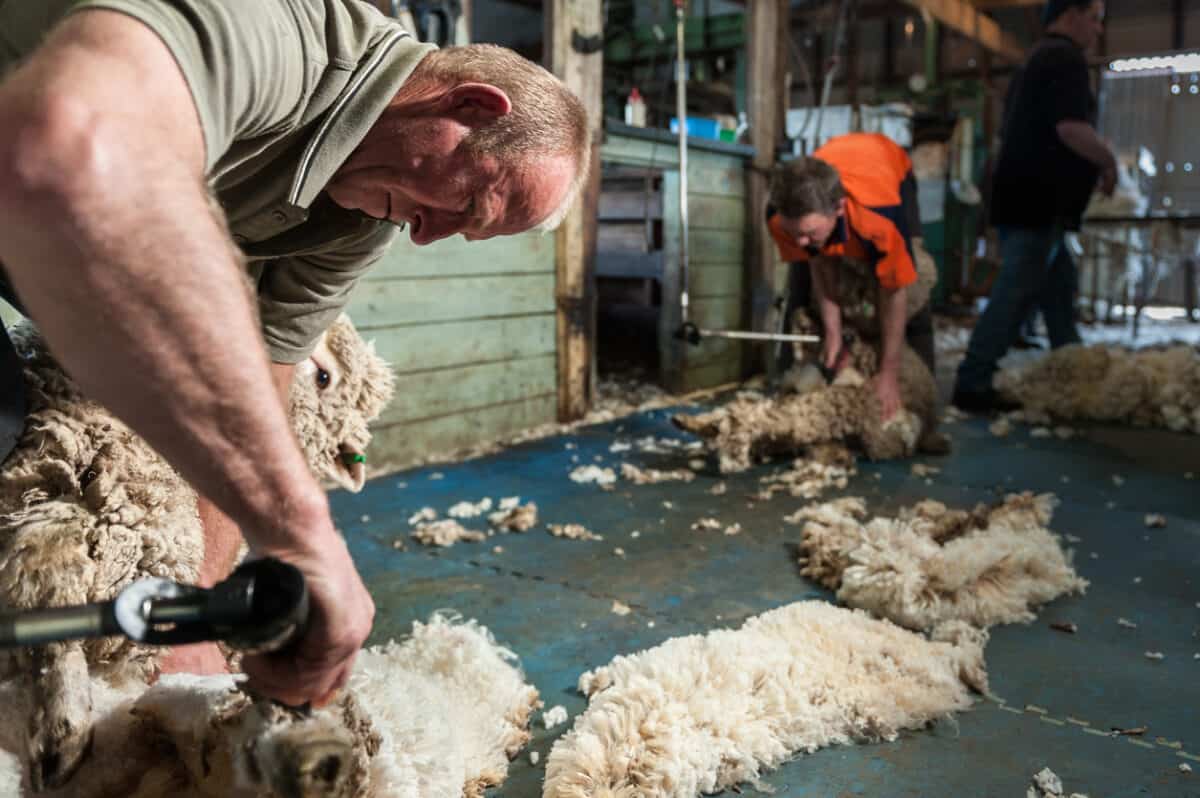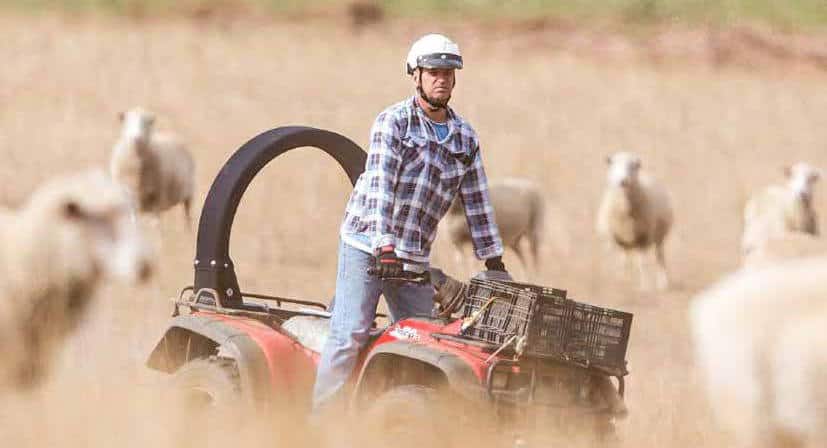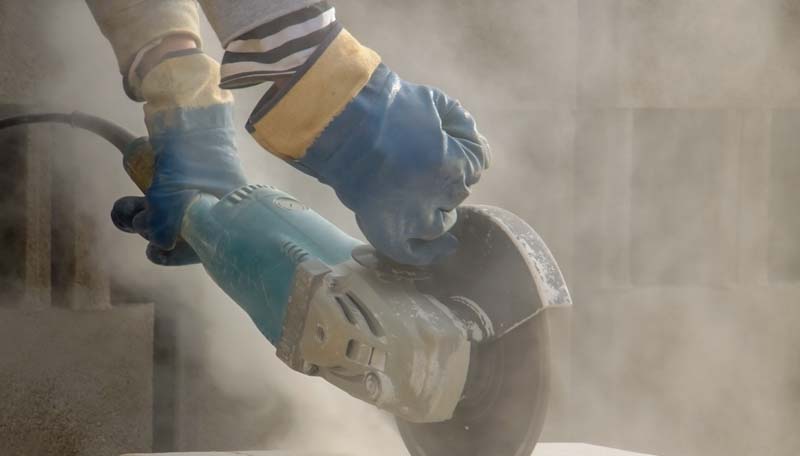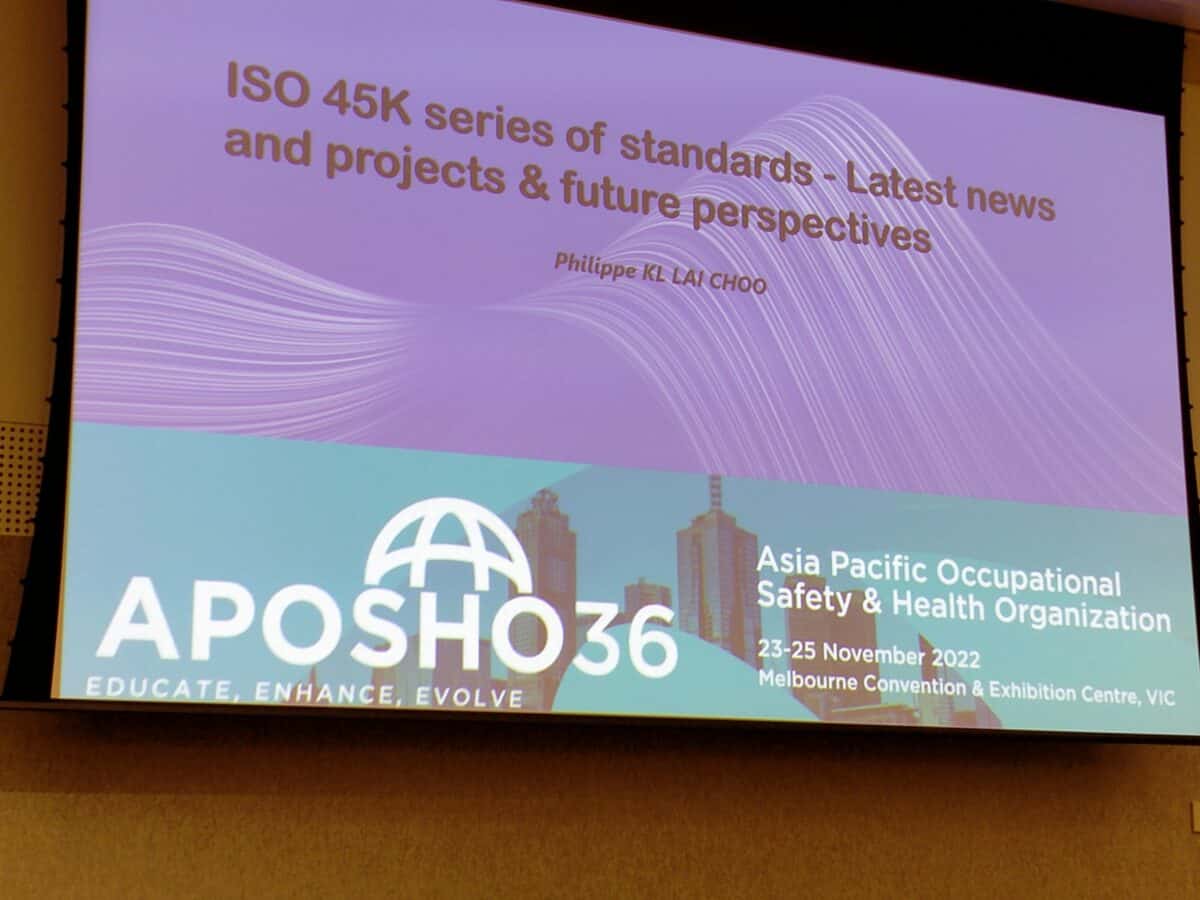Shearing sheep is an exhausting laborious job and so can cause work-related injuries for which workers’ compensation can be sought. The Weekly Times on January 4 2023 (paywalled) devoted a whole page to the issue in an article headlined “The shear cost of it all”. (Only a companion piece is available online at the time of writing)
The aim of the article seems to be to illustrate the exorbitant and unfair workers’ compensation costs faced by the employers of shearers, but some relevant occupational health and safety (OHS) matters are overlooked.







